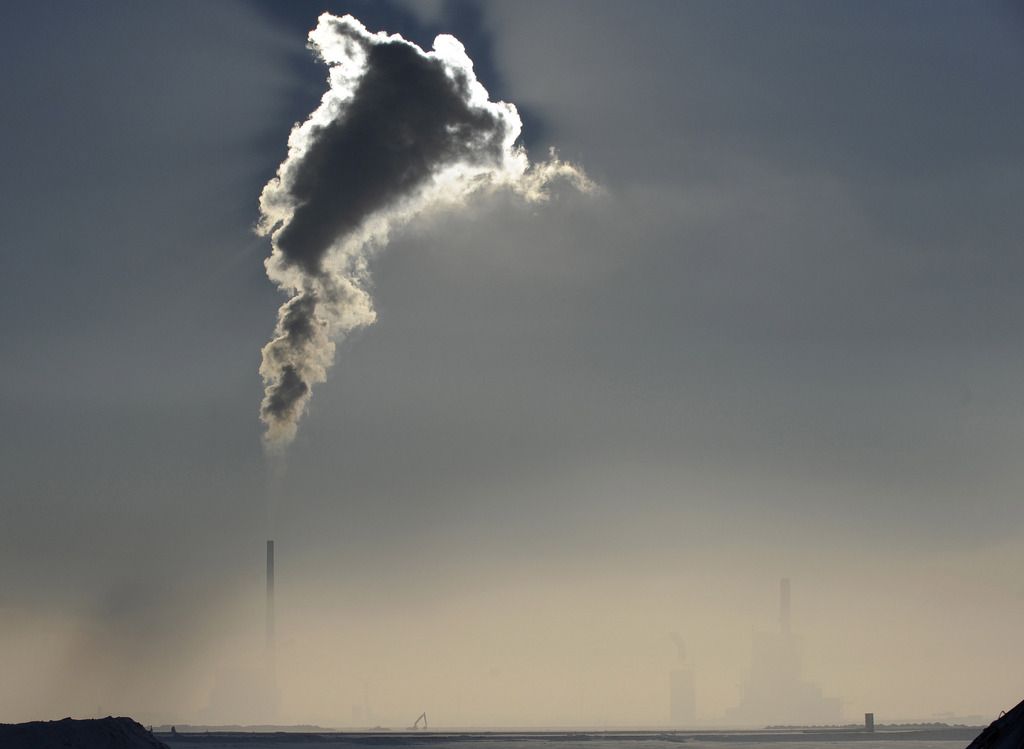WWF warns of planet ‘burn-out’ risk

World wildlife populations have dropped by 52% in 40 years, far faster than previously thought, the non-governmental WWF has said. It points the finger at countries like Switzerland for using far more resources than they need.
According to its Living Planet report for 2014,External link published on Tuesday, populations of fish, birds, mammals, amphibians and reptiles suffered a steep decline between 1970 and 2010, with new methodology giving more worrying results than the last report two years ago (28% loss).
The worst decline was among freshwater species, which fell by 76% in the same time period. The majority of these global wildlife losses are coming from tropical regions with Latin America.
“The findings of this year’s Living Planet Report make it clearer than ever that there is no room for complacency,” said Marco Lambertini, International Director General at the WWF, which has its headquarters in Gland, Switzerland.
The main reasons for the dramatic change were the loss of natural habitats, exploitation through hunting and fishing, and climate change, the NGO said.
Swiss position
According to WWF Switzerland,External link even this country is not immune from species loss, with around 40% of wildlife currently on the Red List of Threatened Species.External link Amphibians and reptiles are the most affected.
Damian Oettli, head of the Consumption and Economy section of WWF Switzerland, said that safeguarding natural resources was one of the most important factors in fighting hunger and poverty. But he pointed out that rich countries were the ones most at fault when it came to demands on the environment.
If everyone on the planet were to live as people do in Switzerland, it would take three Earths to provide the necessary resources, Oettli said in a statement. In the 2012 report, the Swiss came in at 2.8 Earths. This increase means that Switzerland moves up three places into the top 20 worst offenders in terms of consuming and wasting resources.
This list is headed by Kuwait, which uses six times more resources per head than it possesses, the WWF found.
Overall, humanity’s demand on the planet is more than 50% larger than what nature can renew. This means it would take 1.5 Earths to sustain our current ecological footprint.
Progress is being made in terms of decoupling prosperity and waste of resources, Oettli continued, but it is still not enough.
“We risk the burn-out of our planet. All of us – business, politics and society – must find harmony between nature and consumption,” he said.
Living Planet Report
The Living Planet Report 2014 is the tenth edition of WWF’s biennial flagship publication.
With the theme “Species and Spaces, People and Places”, the report tracks over 10,000 vertebrate species populations from 1970 to 2010 through the Living Planet Index – a database maintained by the Zoological Society of London.
The report’s measure of humanity’s Ecological Footprint is provided by the Global Footprint Network.

In compliance with the JTI standards
More: SWI swissinfo.ch certified by the Journalism Trust Initiative










You can find an overview of ongoing debates with our journalists here . Please join us!
If you want to start a conversation about a topic raised in this article or want to report factual errors, email us at english@swissinfo.ch.